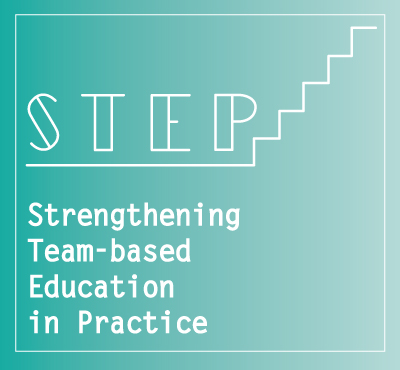Socialisation — comprehensive orientation
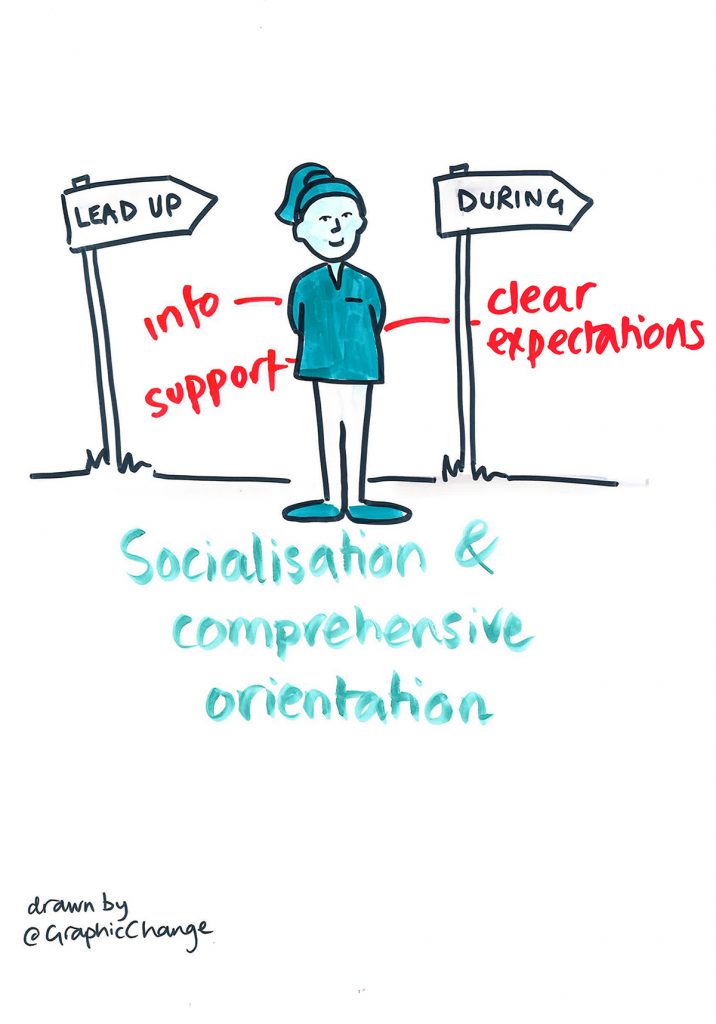
Orientation plays an important role of ensuring that students are made to feel welcome, a part of the team and given a sense of belonging when they are introduced to their clinical placements. This theme focuses on the explicit value attached to both socialisation and comprehensive orientation in the wider health care sector. Thematic analysis of the data identified 8 key themes: a welcoming approach, planning, senior students, student-friendly reading material, time, role modelling, teaching and a sense of belonging.
The role of ‘Helpful Others’
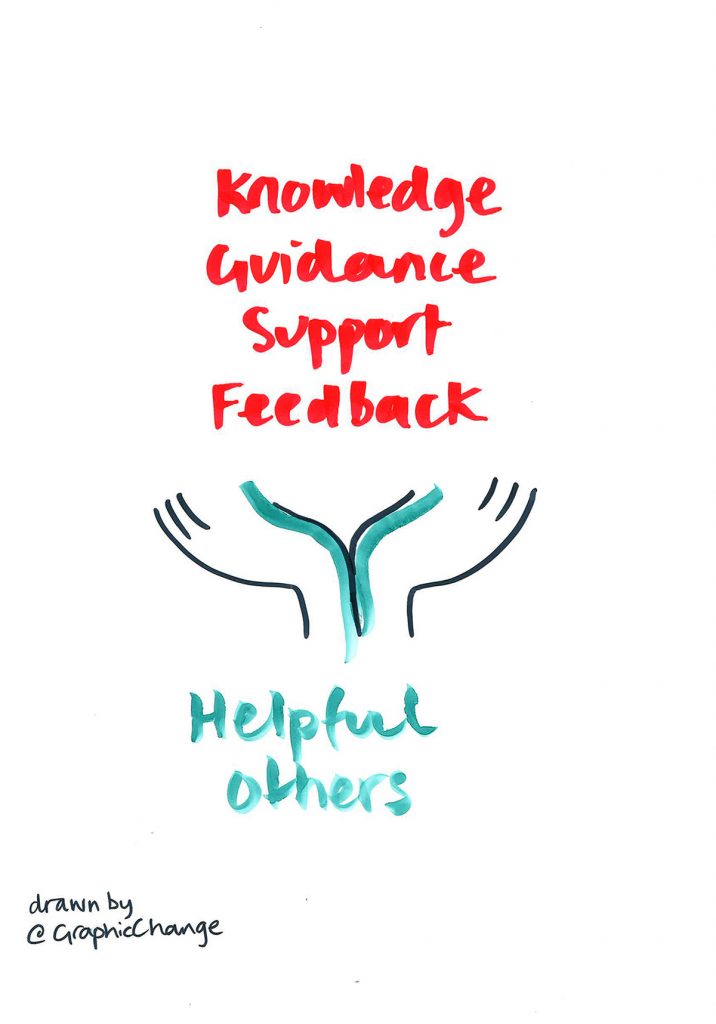
“Helpful Others” are those who help in the education of other staff but who do not have a formal mentoring role (Eraut, 2007, p. 412). This theme explored the relationships between the student nurses and Healthcare Assistants (HCAs), and in particular, the understanding of the HCA role in learning and teaching, student experiences of working with HCAs, and the process and value of feedback and learning together. Five themes emerged; role relationships, accessibility, the experience of working with HCAs, feedback, and learning together.
Student peer support/learning
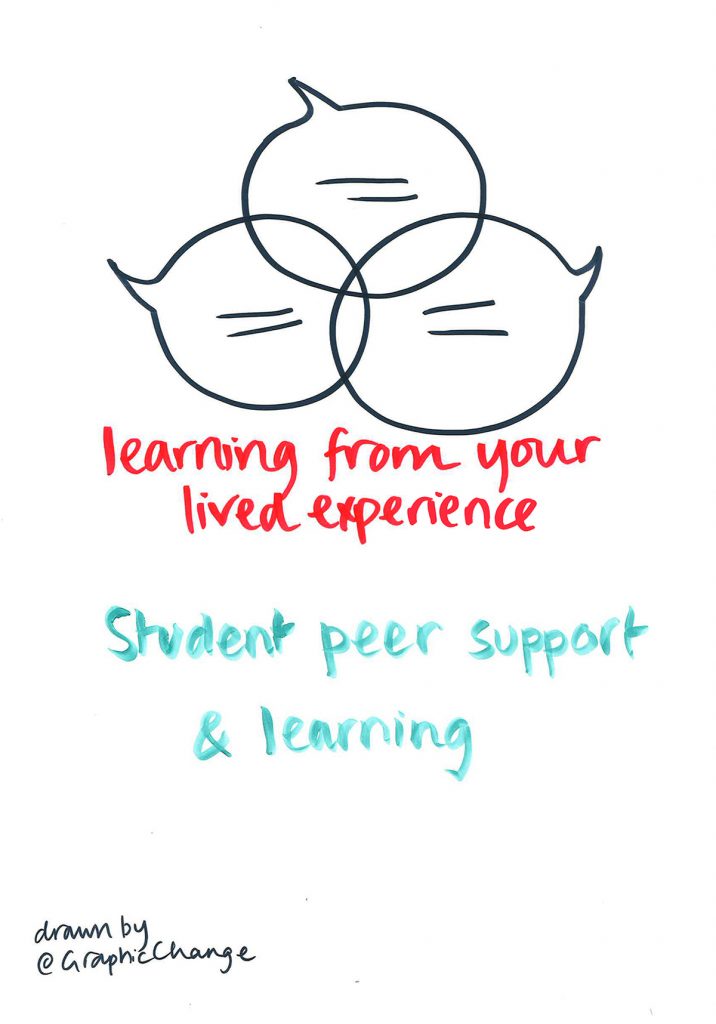
Academic literature extolls the value of peer learning and support in higher education. This theme focuses on the development of an in-depth understanding of student and mentor behaviours and perceptions related to peer support and learning. The findings unequivocally highlight the need for structured preparation and support across the student journey to ensure this approach is effective and valued.
Academic-practice partnership work
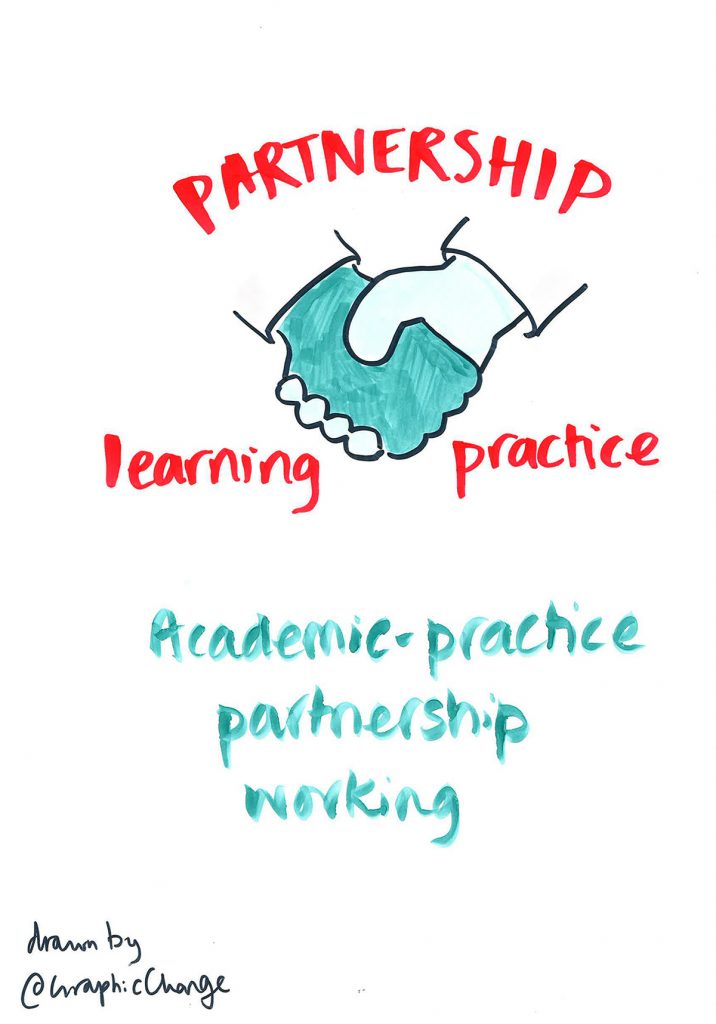
There is increasing emphasis on the importance of partnership working in the UK, with the Nursing and Midwifery Council requiring greater transparency of how all partners work together to prepare learners for registration under new education standards (NMC, 2018). The new standards also mean new roles to support learning and assessment in practice. These new roles add complexity to the nature of partnership working. This theme explores some of the factors and processes that hinder or help partnership working for pre-registration nurses in practice and encourages individuals to think of how partnership working can be organized in stages and developed. It is likely that these findings will be applicable across a range of settings and professional groups.
Expansive Learning
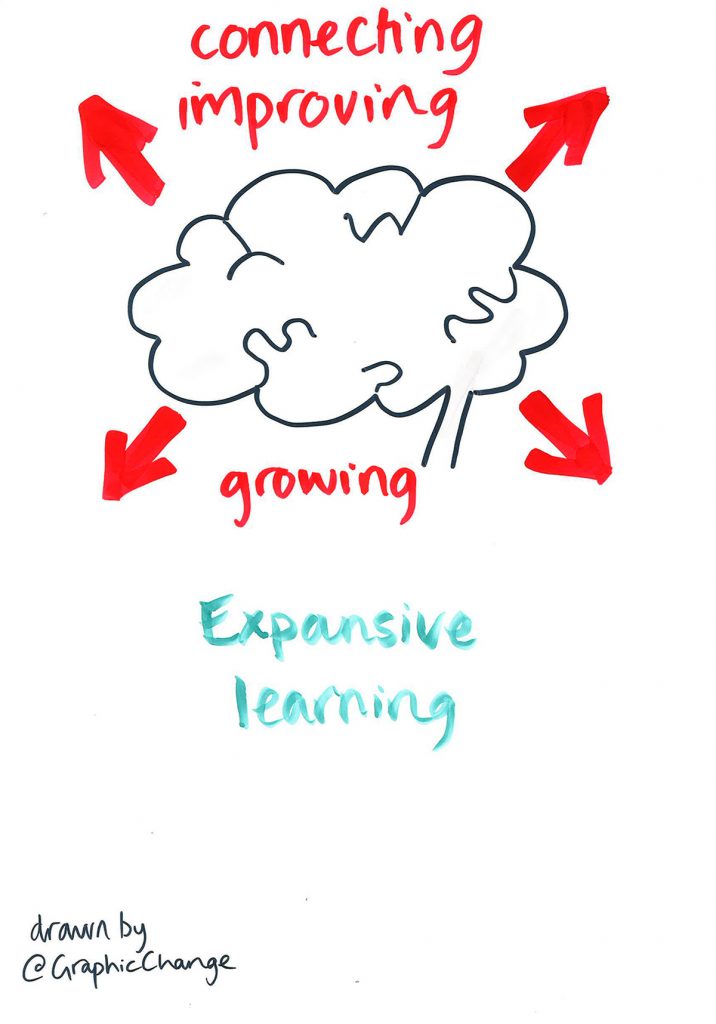
Expansive learning is led by the goal to discover what teaching and learning processes can assist all levels of clinical staff in supporting students to move effectively, and in a well-supported way, to the expertise or ‘graduateness’ required at registration and beyond. This theme explored the type of facilitation required to develop critical dialogue, reflexive expertise and leadership for learners. Data, to illicit views of what constitutes good coaching, was gathered and identified a social model of learning, relevant for all learners and facilitators in all settings.

